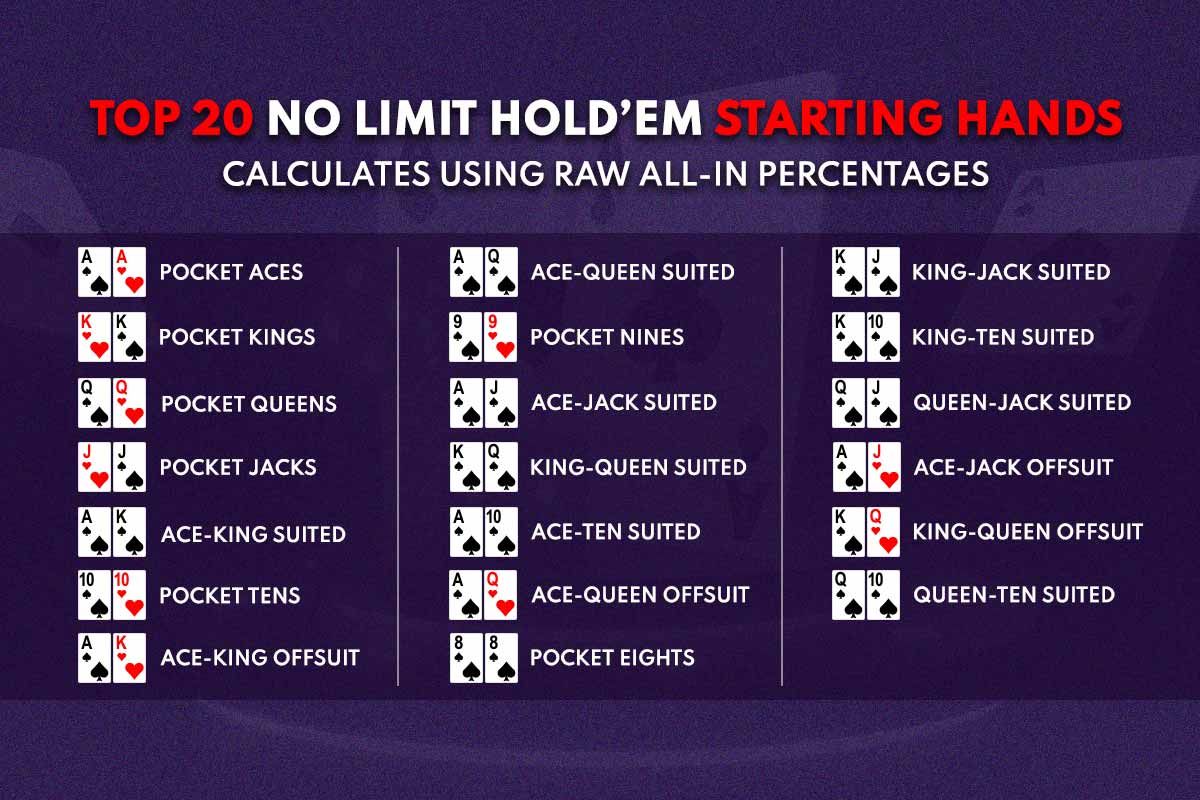Mastering the art of risk management is critical in the high-stakes world of poker, where fortunes may alter with the turn of a card. Achieving success in Poker Sequence requires more than just making daring plays or playing it cautiously; it requires striking a delicate balance between calculated risks and sensible decision-making. This investigation delves into poker’s subtle risk management processes, exposing the techniques contributing to long-term success.
Understanding the Essence of Risk:
Poker is fundamentally a game of chance, strategy, and skill. In poker, risk refers to the game’s inherent unpredictability and the possible implications of each choice. Risk should not be taken lightly and should be avoided if possible. Techniques such as poker, math, intuition, and common sense can help you determine your most likely outcome on any given hand. Most successful players can make intelligent decisions about their chances of success with limited information and data. Instead of avoiding risk entirely, good players embrace it, equipped with a thorough awareness of the probabilities and potential rewards.
Bankroll Management:
Innovative bankroll management is the foundation of efficient risk management in poker. The player’s bankroll is more than just a pile of chips; it is a lifeline that must be maintained carefully. Professionals advise reducing one’s bankroll exposure in a single game or tournament to mitigate the impact of negative variance. Creating a solid bankroll management plan entails establishing and strictly following precise buy-in limitations. This guarantees that a string of bad luck does not drain the whole bankroll, allowing the player to weather the game’s inevitable ups and downs.
Positional Awareness:
Understanding and leveraging one’s position at the table is a strategic essential in the chess-like dynamics of Poker games. A sophisticated technique entails playing carefully in early situations and more assertively in later posts. This positional awareness reduces susceptibility to prospective losses and allows you to control the game’s speed.
Adaptive Play Styles:
Skilled poker players are known for their adaptability. Successful risk management necessitates the capacity to adapt and change play styles in response to changing table dynamics, opponent habits, and the general tenor of the game. Transitioning from a tight, conservative approach to an aggressive, unexpected one may perplex opponents and give a key advantage in risk avoidance.
Pot Odds and Expected Value:
A solid understanding of pot odds and anticipated value is essential for making sound poker decisions. Calculating a hand’s potential return on investment vs the expense of involvement allows players to make informed decisions. Savvy players analyze risks and rewards on the fly, folding when the odds are stacked against them and capitalizing when the possible benefits outweigh the danger.
Emotional Discipline:
Emotional discipline is an intangible but crucial part of risk management in poker. Tilt, the emotional reaction to a streak of losses, may bring even the most accomplished players to their knees. The ability to control one’s emotions guarantees that decisions are based on logic and strategy rather than impulsiveness motivated by anger or desperation. The glue keeps the careful balance of risk and reward together.
Understanding and employing risk management techniques can improve your game and minimize exposure to unnecessary danger. Mastering risk management is the fine art of finding the perfect balance between calculated risks and sensible decision-making. Poker offers a new way of thinking about risk by proving that even with all your chips on the line, there is always room for strategy and adventure. For more on the edge you need to compete at the highest levels.
Conclusion:
Finding the correct balance in risk management is a continual quest in the gripping tapestry of poker, where fortunes are won and lost in the blink of an eye. A competent poker player is a strategist who weighs possibilities, takes measured risks, and navigates the complicated interplay of chance and skill. Striking this precise balance separates the long-term winners from the losers, identifying the genuine experts of the poker table.





